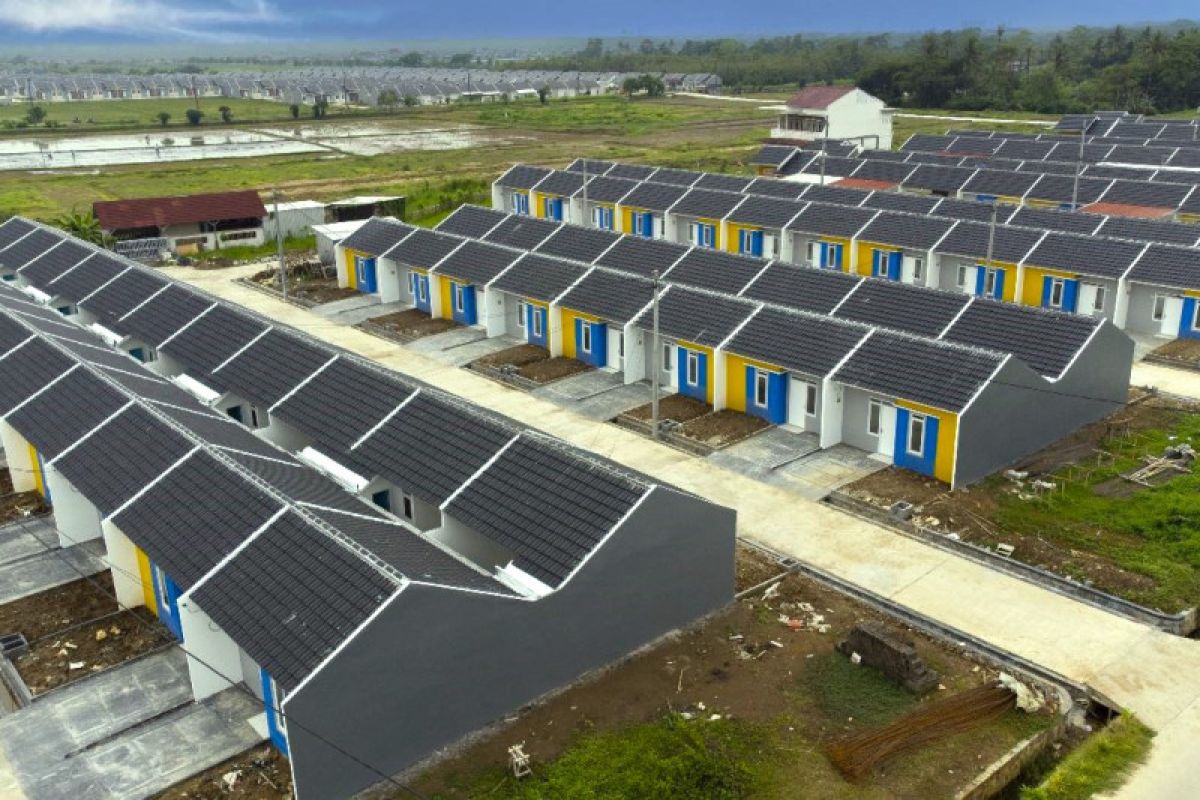The Indonesian government is adjusting its approach to subsidized housing financing in response to budget constraints. The Ministry of Public Housing (Kementerian Perumahan) is revising the funding structure of the Housing Loan Liquidity Facility (FLPP) to allow for more units to be financed.
Starting next year, the proposed model will divide the funding equally between the government and the banking sector—each covering 50% of the costs. This change contrasts with the current arrangement, where banks contribute only 25% of the total funding.
Imam Syafii Toha, Director of Housing Finance at BP Tapera, mentioned that banks are on board with the new scheme. The new model includes a graduated interest rate: 5% for the first 10 years and 6-7% thereafter. This tiered rate ensures that banks will still maintain their profit margins.
“This change in funding distribution, from 75% government-backed to 50% each, will help finance up to 330,000 homes, significantly more than the 220,000 homes that could be funded under the current setup,” Imam said.
With limited government funding available, the total FLPP budget for 2025 stands at Rp 28.27 trillion. However, by splitting the costs with the banks, the government hopes to maximize this budget to benefit more low-income families.
There were initial concerns about how the new 5% interest rate would affect bank profits. However, with the introduction of the tiered system, banks can expect to retain their expected margins.
Another challenge is ensuring that low-income households can manage mortgage payments. To address this, the government is extending loan terms to make repayments more manageable for borrowers.
BP Tapera plans to sign agreements with participating banks in December 2024, with the new financing model expected to take effect early in 2025.
Additionally, companies like PT Sarana Multigriya Finansial (SMF) are looking for alternative sources of funding. SMF has raised Rp 25 trillion through housing bonds to further support the government’s efforts.
Junaidi Abdillah, chairman of the Indonesian Real Estate Developers Association (Apersi), emphasized the need for more diverse funding options, given the constraints on government spending.
The new funding structure promises to significantly increase the availability of subsidized homes, bringing the government closer to meeting its goal of 3 million homes for low-income families.
KONTAN
Read More






 Wednesday, 04-03-26
Wednesday, 04-03-26







